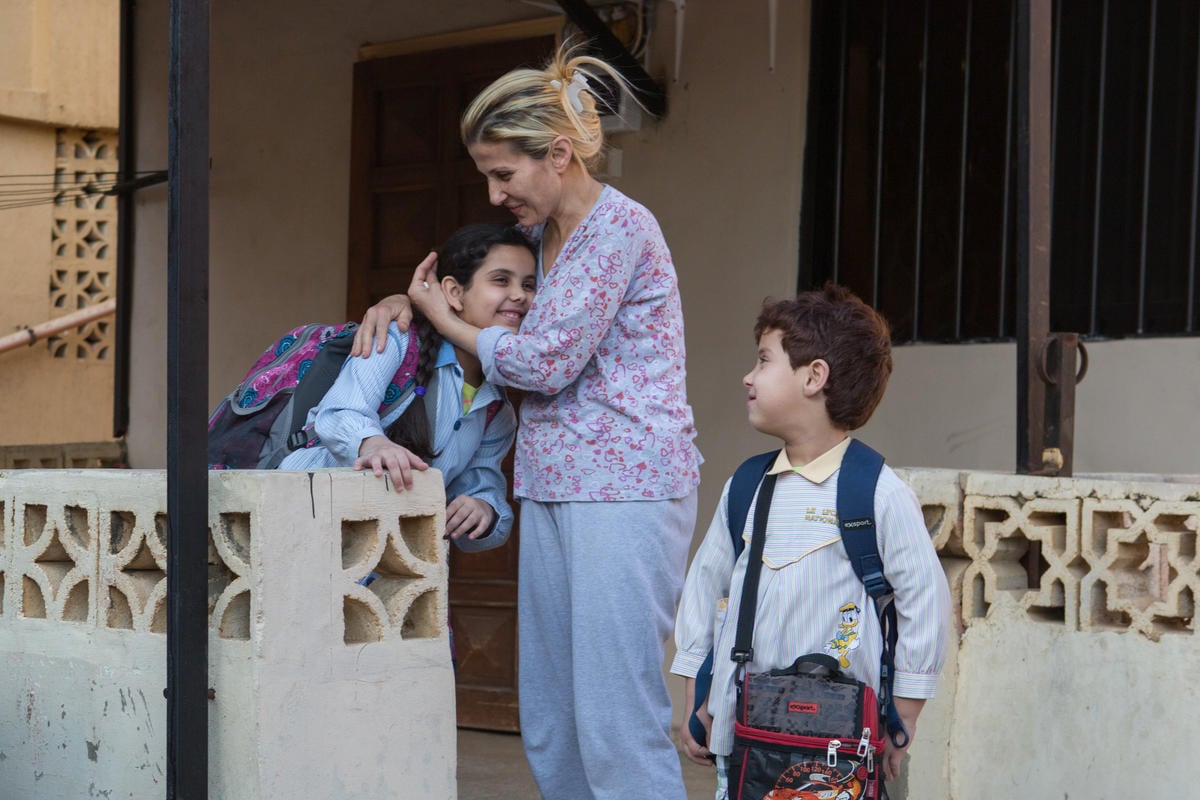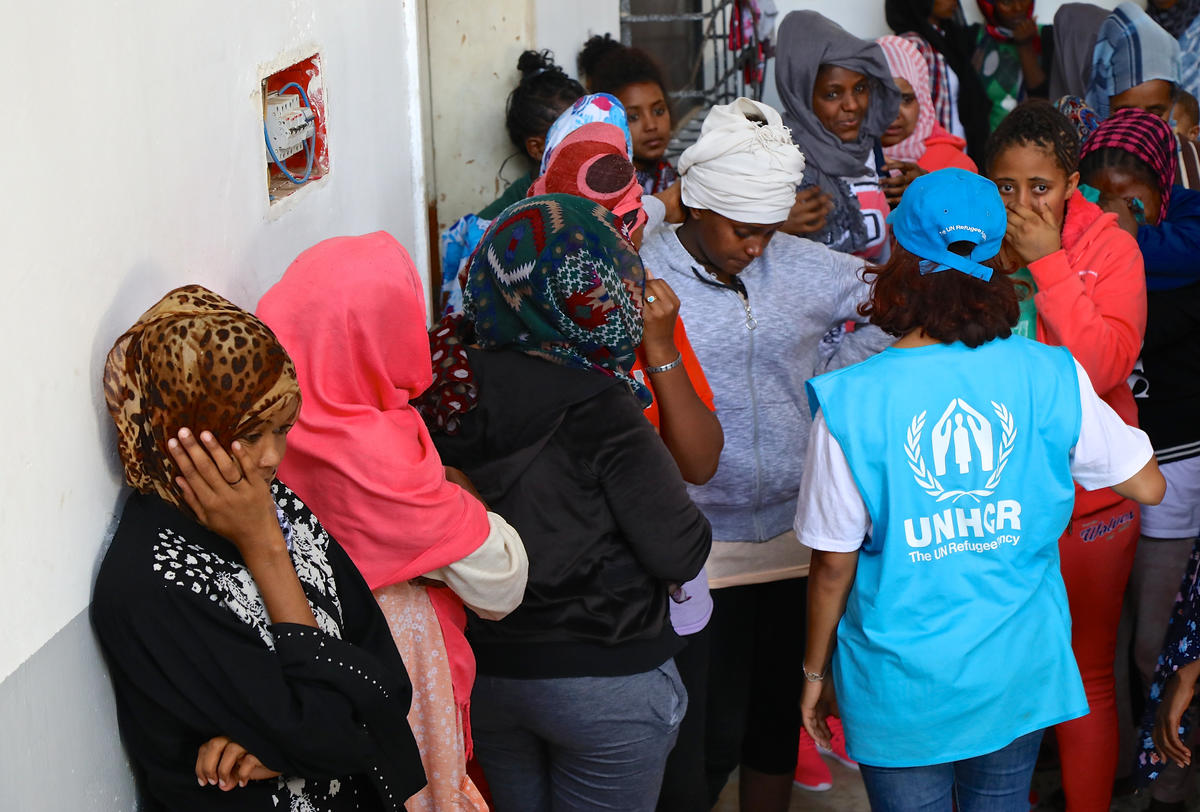Author Khaled Hosseini calls for long-term commitment for Afghanistan
Author Khaled Hosseini calls for long-term commitment for Afghanistan

KABUL, Afghanistan, September 13 (UNHCR) - Best-selling author Khaled Hosseini has warned that the international community needs to remain committed to Afghanistan and give the country time. Failure to do so would see his native land sliding backwards with disastrous consequences.
The UNHCR Goodwill Envoy, who flew out of Kabul on Thursday after talking to refugee returnees during a 10-day tour of northern Afghanistan, called on the international community to deepen its commitment in the country as it strives to rebuild after more than two decades of strife and chaos.
"Afghanistan is at a crossroads. There are some signs of disillusionment both in Afghanistan and within the international community. But a long term engagement is absolutely critical if the country is to continue moving in the right direction," Hosseini, who is a naturalized US citizen, said here on the eve of his departure.
"Afghanistan needs time, patience and relentless effort. This is not the time to give up. It is the time to remain fully engaged so that the positive developments can be built upon and produce long-term results."
Hosseini was in Afghanistan for the first time since gaining international recognition for his best-selling novel, "The Kite Runner," in 2005. His second book, "A Thousand Splendid Suns," was released earlier this year and has also proved a major hit worldwide. Both are set in Afghanistan and reflect its history over the past 40 years.
His last visit came in 2003, less than two years after the 2001 fall of the Taliban regime. Since then, UNHCR has helped more than 4 million refugees come back to Afghanistan and this latest trip gave Hosseini the opportunity to see first hand what difficulties they continue to face.
The qualified medical doctor, who left the country in 1976 and now lives in California, visited UNHCR projects and talked to returnees in the northern provinces of Kunduz, Baghlan, Balkh, Parwan and Kabul.
In Darkhat, near the Baghlan capital of Pul-i-Khumri, Hosseini heard about how a cluster of 24 families have bought their own land and are rebuilding their community after a quarter-century of war. The community is just one of hundreds UNHCR is assisting with shelters and building material. By the end of this year, UNHCR will have supplied more than 170,000 shelters to homeless families across the country.
"We are rebuilding our lives but we need help," a village elder said, adding: "We get our drinking water from a village across the river. This often makes us sick. And when we get sick we cannot see doctors or get medicine." Hosseini said that communities like Darkhat showed that it would take time and effort for Afghanistan to provide returnees with adequate infrastructure and services.
In the northern city of Mazar-i-Sharif, Hosseini listened to the grievances of people forced to return after the closure of settlements in Pakistan. "In Pakistan we could get work, we had a house and our children went to school", said one of the villagers. "Look at us now. If we can't find jobs some of us will have no choice but to go back to Iran or Pakistan."
Hosseini said that despite encouraging signs the conditions faced by returnees were much more difficult than he had anticipated. "There are of course signs of progress, but many are frustrated at the slow pace of change and difficult living conditions. Homelessness, landlessness and lack of jobs continue to be major problems."
But after touring a UNHCR transit centre in Kabul where returnees are given landmine awareness training, medical help and a cash assistance package, Hosseini said he was struck by how hopeful people were about their future.
"Afghan people are by their nature optimistic and resourceful and they continue to believe that the future holds better things for them," said Hosseini, who felt buoyed by their attitude.
Hosseini was not able to visit the south and parts of the east where conditions are very dangerous. Such insecurity is impacting on the ability of UNHCR to assess needs and provide assistance to those who need it the most. It has also caused secondary displacement and prevented many refugees from returning home.
The author was grateful for the opportunity to see first-hand one of UNHCR's largest and most complex operations. This year, some 300,000 Afghan refugees have returned from Pakistan. More than 900,000 remain in Iran and 2 million in Pakistan.
"My books have been a source of personal success. I hope that I can use the opportunity I have been given to keep Afghanistan in the public consciousness and to raise awareness about those who are amongst the most vulnerable in Afghanistan today," Hosseini said.
By Maryann Maguire in Kabul, Afghanistan








